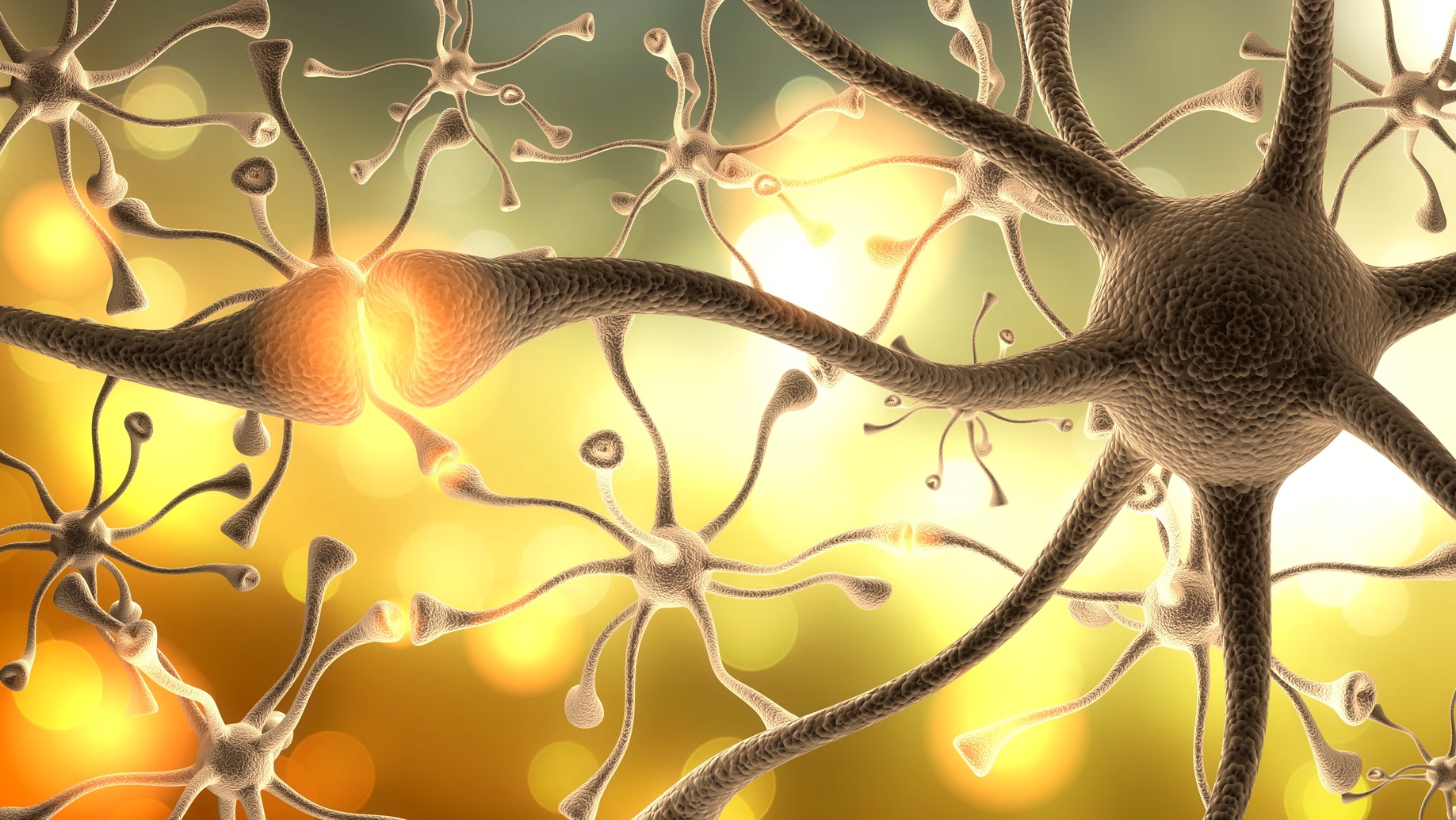Introduction
Nootropics, also known as smart drugs or cognitive enhancers, have gained popularity in recent years for their potential to enhance various aspects of cognitive function. Taurine, an amino acid naturally found in the human body and certain foods, is not just beneficial for overall health but has also emerged as a promising nootropic. In this comprehensive guide, we will delve into the world of taurine nootropics, exploring their benefits, mechanisms of action, potential side effects, and how to incorporate them into your daily routine.
Understanding Taurine
What is Taurine?
Taurine, chemically known as 2-aminoethanesulfonic acid, is a naturally occurring amino acid found in various tissues throughout the human body, with high concentrations in the heart, brain, and skeletal muscles. It is also present in several foods, such as meat, fish, and dairy products.
Role of Taurine in the Body
Taurine plays a crucial role in various physiological processes, including:
- Neurotransmission: Taurine acts as a neurotransmitter in the brain, modulating the release of other neurotransmitters like GABA, which contributes to relaxation and anti-anxiety effects.
- Osmoregulation: Taurine helps regulate cell volume and maintain electrolyte balance.
- Antioxidant Properties: Taurine exhibits antioxidant properties, which can protect cells from oxidative stress and reduce inflammation.
- Cardiovascular Health: Taurine is associated with improved heart health by supporting blood pressure regulation and reducing the risk of cardiovascular diseases.
- Metabolism: Taurine aids in the digestion and absorption of fats, potentially influencing weight management.
Taurine as a Nootropic
The Nootropic Definition
Nootropics are substances that may enhance cognitive function, memory, creativity, motivation, and other cognitive processes. Taurine, while not traditionally considered a nootropic, has gained attention for its cognitive-enhancing potential.
Mechanisms of Action
The cognitive-enhancing effects of taurine as a nootropic are believed to be mediated through several mechanisms, including:
- Neurotransmitter Modulation: Taurine’s ability to modulate neurotransmitter activity, particularly GABA, can lead to improved relaxation, anxiety reduction, and enhanced focus.
- Anti-Anxiety Effects: By influencing GABA activity, taurine may reduce feelings of anxiety and stress, promoting a state of calm and mental clarity.
- Cellular Protection: Taurine’s antioxidant properties can protect brain cells from oxidative damage, potentially improving cognitive function and preventing age-related cognitive decline.
Benefits of Taurine Nootropics
Enhanced Cognitive Function
Taurine nootropics have been associated with improved cognitive function, including increased focus, better problem-solving abilities, and enhanced memory. The modulation of neurotransmitters and reduction of anxiety may contribute to these benefits.
Stress and Anxiety Reduction
One of the most notable benefits of taurine as a nootropic is its potential to reduce stress and anxiety. By promoting GABA activity, taurine can induce a calming effect, making it easier to concentrate and think clearly.
Neuroprotection
Taurine’s antioxidant properties are thought to provide neuroprotective effects, potentially safeguarding brain cells from damage caused by oxidative stress. This could help prevent age-related cognitive decline and support long-term brain health.
Improved Sleep Quality
Some users report that taurine nootropics can help improve sleep quality. By promoting relaxation and reducing anxiety, taurine may facilitate falling asleep and staying asleep, leading to better rest and cognitive performance.
Potential Side Effects and Considerations
While taurine is generally considered safe when consumed from dietary sources, there are some considerations and potential side effects to be aware of when using taurine nootropics:
Dosage and Safety
- Taurine Dosage: It is essential to adhere to recommended dosage guidelines when using taurine as a nootropic. Excessive taurine intake may lead to adverse effects, including gastrointestinal disturbances.
- Interactions: Taurine can interact with certain medications and supplements. If you are taking medications or other nootropics, consult with a healthcare professional to ensure safety.
Allergic Reactions
While rare, some individuals may be sensitive or allergic to taurine, resulting in symptoms such as skin rashes, itching, or gastrointestinal discomfort. It’s advisable to start with a lower dose to monitor any adverse reactions.
Hypotension
Taurine’s potential to lower blood pressure may be a concern for individuals with already low blood pressure. If you have low blood pressure, consult a healthcare professional before using taurine nootropics.
Tolerance
Some users report developing a tolerance to taurine nootropics over time, which may require gradually increasing the dosage to maintain their cognitive-enhancing effects. A “cycling” strategy, where taurine use is alternated with periods of abstinence, can help mitigate tolerance issues.
Incorporating Taurine Nootropics Into Your Routine
Sourcing Taurine
Taurine supplements are widely available and can be purchased online or at health food stores. Ensure that you choose a reputable brand to guarantee product quality and purity.
Dosage Guidelines
When using taurine as a nootropic, it’s essential to follow recommended dosage guidelines. The optimal dose can vary depending on individual factors, including age, weight, and sensitivity. A typical dose ranges from 500 mg to 2,000 mg per day, but it’s advisable to start with a lower dose and gradually increase if needed.
Stacking with Other Nootropics
Taurine can be used in combination with other nootropics to enhance cognitive function further. Some popular nootropic stacks that include taurine may include caffeine for increased alertness or L-theanine for improved focus and relaxation.
Timing and Administration
Taurine can be taken in the morning, before a mentally demanding task, or before bedtime to aid with relaxation and sleep. The timing of administration may depend on your specific goals and the desired cognitive effects.
Research and Scientific Studies
To better understand the benefits and potential of taurine nootropics, it’s important to consider the existing research and scientific studies in this field:
Cognitive Enhancement
While there is limited direct research on taurine as a cognitive enhancer, several studies have examined its effects on various aspects of brain function. These studies suggest that taurine may influence neurotransmitter activity and reduce anxiety, potentially contributing to cognitive improvement.
Anxiety Reduction
Taurine’s role in modulating GABA activity has been investigated in relation to its potential anti-anxiety effects. Research has shown that taurine supplementation may help reduce anxiety in animal models, but more human studies are needed to confirm these effects.
Neuroprotection
Research on taurine’s neuroprotective properties has shown promise in preventing oxidative stress-related brain damage. It may play a role in delaying or mitig
Research and Scientific Studies (Continued)
Sleep Quality
Taurine’s potential to improve sleep quality has been explored in some studies. While the exact mechanisms are not fully understood, taurine’s relaxation-inducing properties suggest a possible link between its use and better sleep. Further research is necessary to establish its effectiveness in this regard.
Conclusion
In conclusion, taurine nootropics are an intriguing addition to the world of cognitive enhancement. While not traditionally considered a nootropic, taurine offers several potential benefits, including enhanced cognitive function, stress and anxiety reduction, neuroprotection, and improved sleep quality. These benefits are primarily attributed to taurine’s ability to modulate neurotransmitter activity, particularly GABA, and its antioxidant properties.
However, it’s essential to approach the use of taurine nootropics with caution and awareness. Potential side effects, including allergies, hypotension, and tolerance, should be considered. Additionally, it’s crucial to follow recommended dosage guidelines and consult with a healthcare professional if you have any preexisting medical conditions or are taking other medications or supplements.



